Thoughts on a William Cohan article.
William Cohan: My Years on Wall Street Showed Me Why You Can’t Make a Deal on Zoom
I recently read this article by William Cohan and had 2 very strong opinions/ ideas come to me. For those of you who don’t have access, Mr Cohan argues that its critical for Wall St to get back in the office en mass because the next generation of bankers and traders need to learn firsthand (in person) from their seniors.
I was an equity trader for 23 years. The idea of trying to do that job from my home just doesn’t compute. Now, I know that this is exactly the way it’s been happening for the last 20 months, but it certainly wouldn’t have worked for me. If I had just been starting out in my career, forget it!
In my first job at Bankers Trust, for my first 6 months all I did was listen in on the senior sales traders phone calls with clients. I got to hear exactly how those delicate conversations went. Tone of voice matters when the market is ripping or falling out of bed!
I remember sitting next to a senior trader while at Hambrecht and Quist in SF in the late 90s (1st Internet Boom). The way he would deliver his morning call was like the State of the Union and at that time (pre-IM, IB, electronic conversation) clients would be furiously calling him looking for their allocation on some uber hot IPO that was sure to be UP $25 on the opening trade!
I remember in September 2008 when Lehman failed. I was on the desk at Lazard. The collective terror on all my colleagues faces on the trading desk when that news hit. I could FEEL the electricity on the desk. How could you get the same thing working remotely?
I’m just not sure how I would have learned these things if I was sitting on my couch looking at Zoom with my clients and/or colleagues. So, I agree with Mr. Cohan; the need to get back to the office so that the next generation can learn from watching the senior guys is extremely important!!
The second idea/opinion that came to me was related to recovery and how important it was for me to watch people I respected “do their recovery” and learn from watching them, listening to them share in meetings. When I got out of rehab, I had ZERO days of real-world recovery experience. I had a lot of knowledge about addiction and what MIGHT help me not pick up a drink or a drug, but I hadn’t put any of it into action. I think its similar to being in business school versus your first year at work. It’s all theory until you jump in the pool; once you’re there, who do you learn from?
I was fortunate to meet and see, DAILY, dozens of great guys who lived their lives in recovery. I was able to watch them go through life, good times, terrible times and not drink. It was from these men that I learned how to BE and STAY in recovery. It took about 90 days post treatment for me to morph from needing to be in recovery to WANTING to stay because I liked the men, I kept meeting. Today, there isn’t a situation in the world or a problem that may come up that I haven’t seen/ watched someone else go through in recovery. So, if/ when it happens to me, I have the playbook. Just like I learned how to trade stocks from watching my seniors trade stocks.
Most importantly though, all the tools and cues I picked up in those first 90 days were from other guys in recovery: not a doctor, not a therapist. I learned from guys who had done it for years just like I didn’t learn how to trade stocks and bonds from a professor, I learned from the teammates on the desk who had been doing it for years.
What’s the message? For someone new in recovery, the importance of connecting and communing with people that have been doing it for years can be extremely helpful. If you’re like me, you learn from watching the veterans “do their thing”. And if those veterans become your pals along the way then you might be heading in a great new direction!
Trey Laird
Founder, CEO
The Lighthouse



